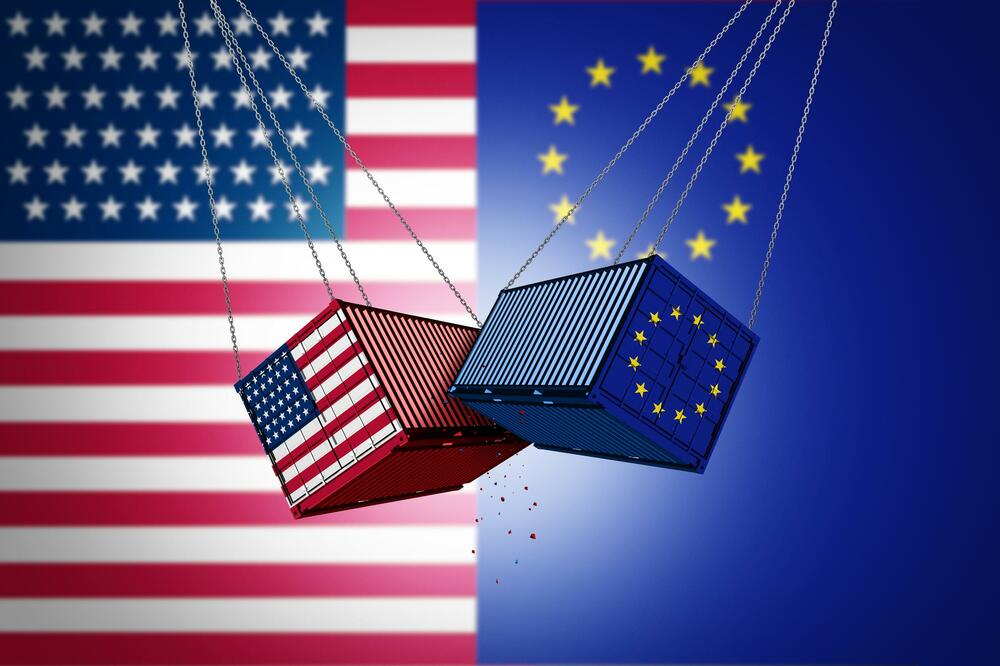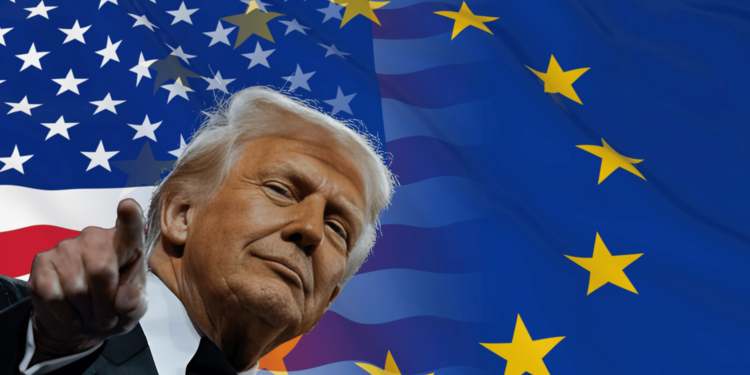- The U.S. is keeping most tariffs on the EU in place despite ongoing trade talks showing little progress.
- The EU proposed removing all industrial tariffs, but the U.S. rejected the idea and wants more localized production instead.
- Talks will continue, but tensions remain over metals, digital regulations, and food standards.
So, not much progress was made this week in smoothing out the ongoing trade spat between the U.S. and the European Union. According to sources familiar with the situation, Bloomberg reports that negotiations wrapped up with both sides still miles apart—especially when it comes to tariffs.
US Officials Hold Their Ground
Officials from President Trump’s team didn’t give much ground. In fact, they made it clear that most of the tariffs slapped on the EU are here to stay. Those so-called “reciprocal tariffs“—originally set at 20% and now temporarily cut to 10% for 90 days—aren’t likely to disappear, at least not anytime soon. Same goes for tariffs on cars, metals, and other key sectors.
Maros Sefcovic, the EU’s top trade guy, came out of Monday’s talks with U.S. Commerce Secretary Howard Lutnick and Trade Rep Jamieson Greer without any clear wins. Just a lot of shrugging and vague promises. Basically: “we’ll keep talking.”
EU Still Hopes for Common Ground
Earlier this month, Trump rolled out a whole bunch of new tariffs—part of his broader plan to revamp the global trade setup, bring more manufacturing back to the U.S., and fund a big tax cut extension. The EU fired back with a warning of its own: retaliatory tariffs targeting around €21 billion worth of U.S. goods. But they’re holding off for now, giving it 90 days in hopes of a breakthrough. If that doesn’t happen, the gloves come off.
The EU has floated a simple idea—let’s scrap all industrial tariffs, including those on cars. But the U.S. isn’t biting. Instead, Trump officials are nudging European chemical firms to boost U.S.-based production of ingredients used in pharma. They also want the EU to help integrate supply chains and give American companies better access to government contracts.
Steel, Copper, and… LNG?
When it comes to steel and aluminum—and possibly copper soon—the U.S. wants Brussels to draft a detailed proposal. There was also talk of setting joint tariffs (maybe), but nothing concrete. The EU, meanwhile, has offered to buy more American liquefied natural gas (LNG), but Washington didn’t seem all that interested. Doesn’t look like that’s going anywhere either.

More Than Just Tariffs
The U.S. is also pushing to talk about non-tariff issues like food standards, AI, and digital regulation. Basically, they want fewer rules and more flexibility, especially in sectors where U.S. companies are trying to compete globally.














